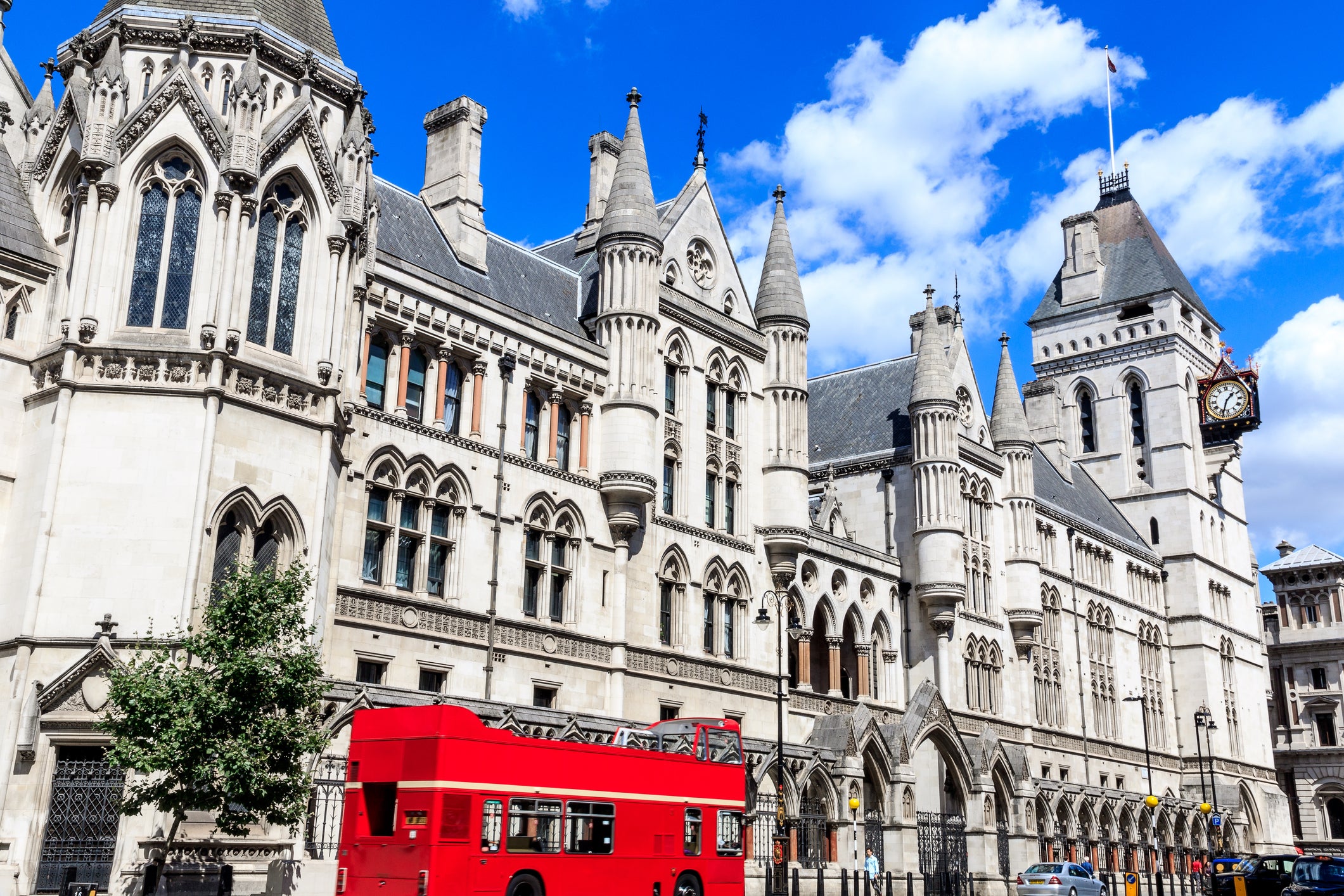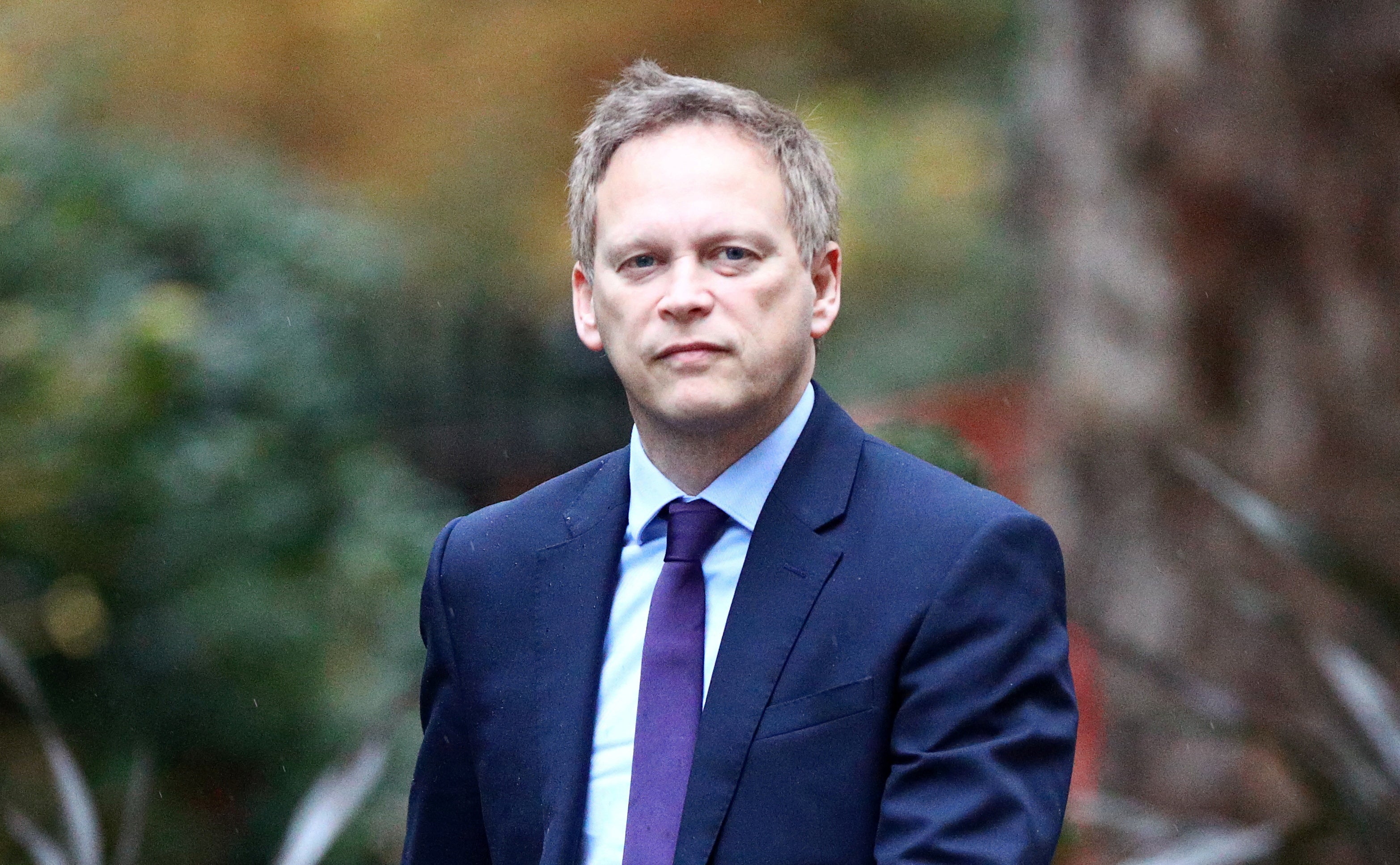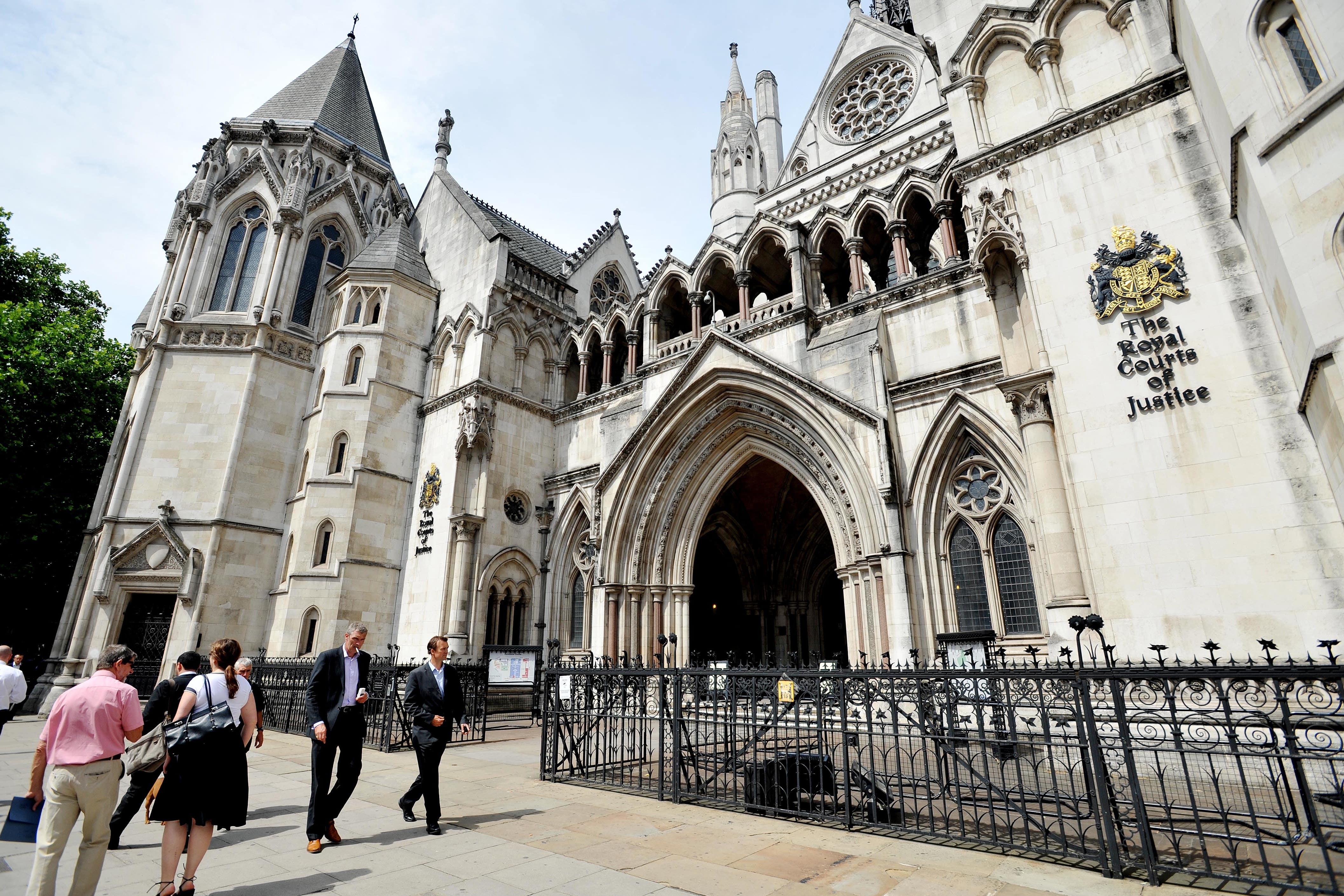Government acted unlawfully by approving climate plan, High Court rules
The plan outlined how the country will achieve climate targets as part of wider efforts to reach net zero by 2050

Your support helps us to tell the story
From reproductive rights to climate change to Big Tech, The Independent is on the ground when the story is developing. Whether it's investigating the financials of Elon Musk's pro-Trump PAC or producing our latest documentary, 'The A Word', which shines a light on the American women fighting for reproductive rights, we know how important it is to parse out the facts from the messaging.
At such a critical moment in US history, we need reporters on the ground. Your donation allows us to keep sending journalists to speak to both sides of the story.
The Independent is trusted by Americans across the entire political spectrum. And unlike many other quality news outlets, we choose not to lock Americans out of our reporting and analysis with paywalls. We believe quality journalism should be available to everyone, paid for by those who can afford it.
Your support makes all the difference.The Government acted unlawfully by approving a strategy to meet the UK’s climate targets, a High Court judge has ruled.
Three groups took joint legal action against the Department for Energy Security and Net Zero over its decision to approve the Carbon Budget Delivery Plan (CBDP) in March 2023.
The plan outlines how the country will achieve targets set out in the sixth carbon budget, which runs until 2037, as part of wider efforts to reach net zero by 2050.
Friends of the Earth, ClientEarth and the Good Law Project argued at a hearing in February the then-secretary of state, Grant Shapps, acted unlawfully by approving the plan as he lacked information on whether individual policies could be delivered in full.
In a ruling on Friday, Mr Justice Sheldon ruled in their favour, stating that Mr Shapps’ decision was “simply not justified by the evidence”.

He said: “If, as I have found, the Secretary of State did make his decision on the assumption that each of the proposals and policies would be delivered in full, then the Secretary of State’s decision was taken on the basis of a mistaken understanding of the true factual position.”
The ruling marks a second High Court victory for the three groups against the Government over its climate policies.
In 2022, a different judge ruled the Government’s Net Zero Strategy was unlawful as ministers were not properly briefed on how individual policies would help meet climate targets set out in the sixth carbon budget, as required by the 2008 Climate Change Act (CCA).
In the CBDP case, the groups claimed that Mr Shapps had no or inaccurate information from different Government departments about the risks related to enacting climate policies under the plan, which gave a “misleading summary” of whether they could be put in place.
David Wolfe KC, representing FoE, told the court that some “risk tables” - used to demonstrate the risks associated with delivering each policy - were “recast” to remove information about whether plans could be implemented.
The tables were not shared with Parliament, climate bodies or the public, meaning the plan could not be properly scrutinised, the court heard.

Lawyers for the Government said that Mr Shapps had “sufficient information” which “rationally supported” his decision.
But in his 50-page ruling, Mr Justice Sheldon said that the minister “could not evaluate for himself” which policies in the CBDP would fail and which would be delivered based on the information provided.
He said the details in the draft plan were “vague and unquantified” and did not provide Mr Shapps with “sufficient” information on whether the plan should be approved.
Following the judgment, Friends of the Earth lawyer Katie de Kauwe said: “This is another embarrassing defeat for the Government and its reckless and inadequate climate plans.
“It shows the strength of the Climate Change Act, brought into force after a successful campaign led by Friends of the Earth and the backing of an overwhelming majority of MPs - to hold the Government of the day to account for meeting its legal requirements to cut emissions.
“We’ve all been badly let down by a Government that’s failed, not once but twice, to deliver a climate plan that ensures both our legally binding national targets and our international commitment to cut emissions by over two-thirds by 2030 are met.
“Cutting emissions isn’t only essential to avert the worst of climate breakdown, it will create long-term jobs in green industries of the future, boost energy security, bring down our bills and end our reliance on costly fossil fuels.
“We urgently need a credible and lawful new action plan that puts our climate goals back on track and ensures we all benefit from a fair transition to a sustainable future. Meeting our domestic and international carbon reduction targets must be a top priority for whichever party wins the next general election.”
In response to the decision, a DESNZ spokesperson said: “The UK can be hugely proud of its record on climate change. Not only are we the first major economy to reach halfway to net zero, we have also set out more detail than any other G20 country on how we will reach our ambitious carbon budgets.
“The claims in this case were largely about process and the judgment contains no criticism of the detailed plans we have in place. We do not believe a court case about process represents the best way of driving progress towards our shared goal of reaching net zero.”
While the CBDP remains government policy, the DESNZ said it will publish a new report within 12 months following the judge’s decision.
Join our commenting forum
Join thought-provoking conversations, follow other Independent readers and see their replies
Comments